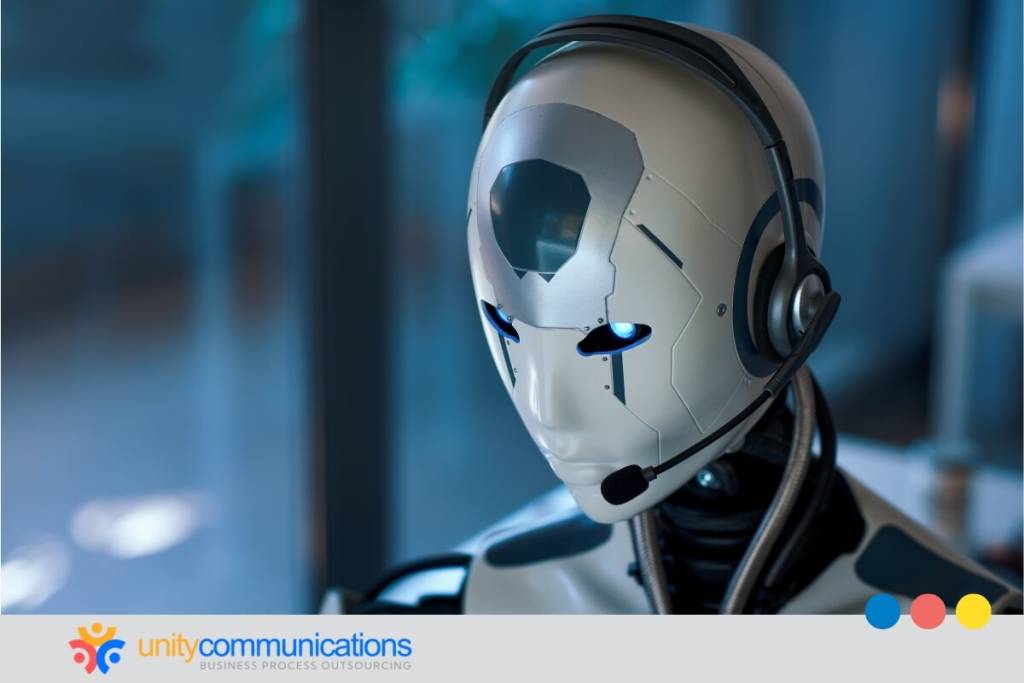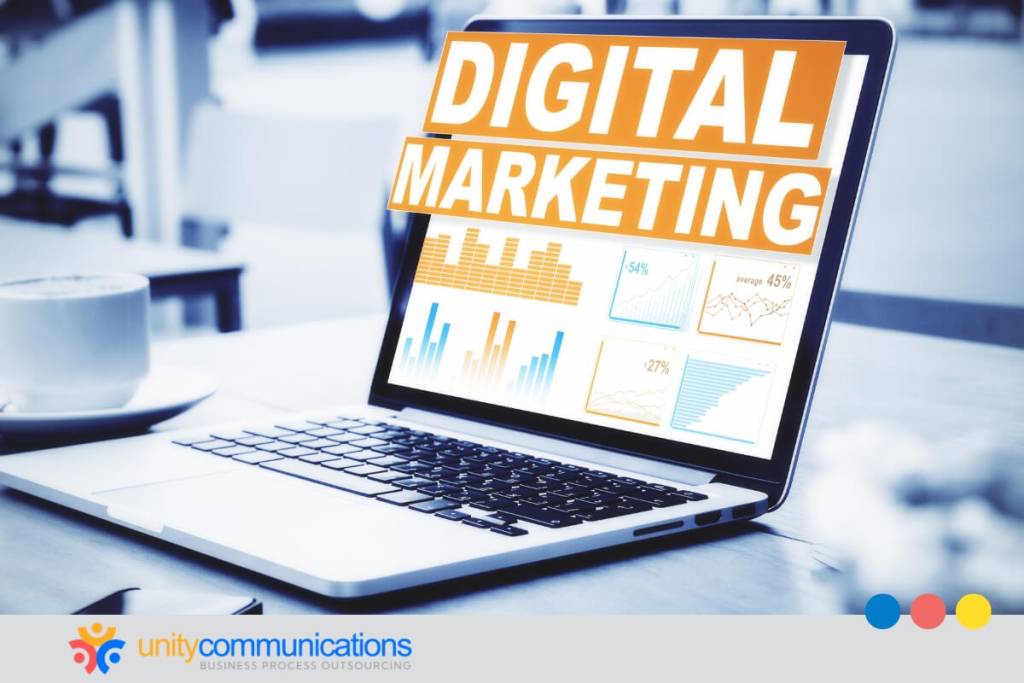IN THIS ARTICLE
Table of Contents
Artificial intelligence (AI) is becoming a strategic investment for modern businesses looking to stay competitive. Among the most debated topics today is AI agents vs. agentic AI, two business models that shape how organizations use technology to make smarter decisions.
While both can improve efficiency and accuracy, they differ in autonomy, adaptability, and the complexity of tasks they handle. Understanding these differences is crucial for leaders deciding which system best aligns with their enterprise goals.
This guide explains the differences between these two models, especially how each powers more innovative decision-making systems for enterprises. It will also help you choose the right technology for your enterprise goals.
AI agents vs. agentic AI: Key definitions explained

What is an AI agent? These are systems that act on behalf of users, completing tasks with a degree of autonomy while following defined goals. They can sense their environment, process information, and make decisions that help streamline workflows or solve problems.
Agentic AI takes this further by incorporating deeper reasoning, adaptability, and the ability to initiate actions with minimal human intervention.
These technologies represent two sides of the same coin in modern decision-making systems. To better understand the role of these types of AI agents in business, it helps to compare how outsourcing works.
Just as companies use business process outsourcing (BPO) to delegate tasks, AI agents and autonomous AI automate functions that would otherwise require human time and attention. Examples include:
- Chatbots handle customer support instead of call centers.
- AI tools automatically manage data entry and reporting.
- Intelligent systems optimize workflow scheduling.
- Organizations can perform real-time fraud detection or compliance checks.
According to Forbes research, AI is most often applied in areas such as customer service (56%), cybersecurity and fraud prevention (51%), digital assistants (47%), customer relationship management (46%), and inventory management (40%).
AI adoption is no longer experimental, with nearly 80% of organizations applying it in at least one business area. This shift mirrors how outsourcing works: delegating specific functions to a reliable partner for greater efficiency.
Instead of relying solely on human teams, companies are turning to AI, effectively outsourcing digital processes, allowing the workforce to concentrate on innovation and strategy.
To understand the business impact, it is helpful to compare AI agents vs. agentic AI with outsourcing models.
AI Agents vs. Autonomous AI: Critical differences
AI continues to evolve from simple automation into more advanced, adaptive systems that can handle complex tasks with minimal oversight.
This means moving beyond efficiency alone and exploring how intelligence, adaptability, and autonomy can directly shape decision-making and performance. Key contrasts of AI agents vs. agentic AI include autonomy, task complexity, and collaboration.
1. Levels of autonomy and control
The key difference in autonomy when analyzing AI agents vs. agentic AI is the level of independence each system has when carrying out tasks. AI agents generally operate within predefined boundaries, following structured instructions while allowing for some oversight.
Agentic AI can make higher-level decisions, adapt strategies, and act with minimal intervention. For enterprises, it often raises the question of balancing automation with control to ensure efficiency and accountability.
- AI agents operate within fixed rules and goals set by humans.
- Agentic AI initiates actions based on broader objectives rather than simply following instructions.
- AI agents require closer monitoring to avoid errors or missed context.
- Agentic AI can self-correct, re-prioritize, and adjust without constant oversight.
Finding the right balance between autonomy and governance enables you to harness intelligence without compromising safety or compliance, which more people now require.
More than half of U.S. adults (55%) and a similar share of AI experts (57%) say they want greater control over how they apply AI in their lives, highlighting the importance of trust and oversight in adoption.
2. Goal orientation and strategic planning
AI systems differ in how they act and how they set and pursue objectives. Traditional AI agents are usually task-driven, working toward clear goals defined by humans.
Agentic AI can proactively identify opportunities, set its own sub-goals, and shift strategies when conditions change. This difference makes agentic AI better suited for dynamic business environments where adaptability is key.
- AI agents execute well-defined tasks with limited scope.
- Agentic AI identifies new opportunities and adjusts strategies in real time.
- AI agents rely on external input to adjust their direction.
- Agentic AI acts with intent, re-prioritizing goals as your needs evolve.
With this capability, you gain systems that follow orders and actively drive innovation and strategic growth.
3. Adaptability and context awareness
Adaptability and context awareness define how well AI systems respond to dynamic environments. AI agents can handle structured tasks effectively, but often require predefined rules or retraining when circumstances shift.
Meanwhile, agentic AI adapts more fluidly by retaining memory, learning continuously, and adjusting its behavior in real time. This distinction makes agentic AI especially valuable for businesses that require systems to adapt to changing conditions and evolving customer expectations.
In comparing AI agents vs. agentic AI, here’s how they differ in adaptability:
- AI agents operate within fixed parameters, requiring updates when the context changes.
- Agentic AI learns from ongoing interactions and adjusts strategies without constant human intervention.
- AI agents suit stable, repetitive workflows with minimal variability.
- Agentic AI excels in dynamic settings such as customer engagement, logistics, and decision-support systems.
When it comes to flexibility, AI agents vs. agentic AI differ in how they learn and adjust in real time. By enhancing adaptability and context awareness, agentic AI ensures smarter, more resilient decision-making for modern enterprises.
4. Task complexity and workflow management
AI systems can scale up the handling of business operations. Traditional AI agents are effective for simple, rule-based tasks such as scheduling or data entry. However, they often struggle with multi-step processes that require adaptability.
Agentic AI can manage dynamic workflows, coordinating across departments, tools, and even other agents to complete enterprise-level operations. This capability aligns agentic AI more with modern business needs, where workflows are rarely linear or static.
- AI agents perform well on repetitive, single-step processes with clear parameters.
- Agentic AI manages multi-step, interdependent workflows that evolve as conditions change.
- AI agents are ideal for narrowly scoped functions such as ticket classification or routine reporting.
- Agentic AI can oversee enterprise-scale tasks such as supply chain optimization or end-to-end customer journeys.
Agentic AI helps you streamline operations and make workflows more resilient by managing complexity at scale.
5. Collaboration and multi-agent orchestration
Collaboration is becoming a defining factor in how you can adopt AI. Traditional AI agents often operate in isolation, handling their assigned tasks without much interaction with other systems or people.
On the other hand, agentic AI is designed for orchestration, working alongside humans and coordinating with other AI systems to manage complex, interconnected processes.
This shift allows you to achieve smoother teamwork, better alignment, and stronger outcomes across different functions.
- AI agents typically function as standalone tools that support specific tasks.
- Agentic AI orchestrates multiple agents and human input to handle cross-functional workflows.
- AI agents are helpful in scenarios where individual tasks do not require much collaboration.
- Agentic AI enables dynamic teamwork across teams, tools, and systems for enterprise-wide coordination.
With collaboration at scale, agentic AI ensures that both humans and machines contribute to smarter, more connected decision-making.
6. Integration and ecosystem readiness
The real value of AI lies in its seamless integration into an organization’s existing ecosystem. Basic AI agents might provide value on their own. However, their impact is often limited if they cannot integrate smoothly with other tools, application programming interfaces (APIs), or enterprise platforms.
On the other hand, agentic AI is built with connectivity in mind. It can plug into broader systems and leverage multiple technologies simultaneously. This readiness makes it especially powerful in business settings where efficiency and interoperability are key drivers of success.
- AI agents operate effectively as standalone systems but might require manual setup or extra middleware to connect with other platforms.
- Agentic AI smoothly integrates with APIs, enterprise software, and automation ecosystems.
- AI agents can perform well in isolated use cases where minimal connectivity is necessary.
- Agentic AI delivers maximum value in enterprises that rely on complex, interconnected digital environments.
Roughly 35.5% of people now rely on AI tools daily, underscoring the deep integration of these technologies into personal and professional life. This steady adoption highlights the need for systems that integrate smoothly across platforms and workflows.
With stronger ecosystem readiness, agentic AI ensures you gain a fully connected and scalable foundation for business growth.
7. Suitability for enterprise needs
Regarding real-world business use, the choice between AI agents and autonomous AI often depends on scale, compliance, and strategic priorities.
Traditional AI agents excel in straightforward automation and controlled environments, making them cost-effective for smaller teams or task-specific needs.
Agentic AI is for enterprises that require compliance-ready systems, scalability across departments, and adaptability to evolving regulations. This distinction makes it easier for organizations to determine which model best aligns with their current and future goals.
- AI agents: Best for small-scale, clearly defined tasks where oversight and compliance risks are minimal
- Agentic AI: Built to handle complex enterprise requirements such as governance, cross-department collaboration, and regulatory compliance
- AI agents: Cost-effective for targeted automation but limited in long-term scalability
- Agentic AI: Future-proof investment for businesses seeking innovation, resilience, and competitive advantage
Choosing between AI agents and autonomous AI depends on whether you need small-scale automation or enterprise-ready systems. If you prioritize growth, compliance, and efficiency, agentic AI is the more brilliant long-term choice.
The bottom line

The debate on AI agents vs. agentic AI highlights the next evolution of outsourcing in the digital age. Traditional AI agents act as virtual staff, managing well-defined, rule-based processes that mirror BPO tasks.
Agentic AI, however, raises the bar by bringing adaptability, strategic planning, and multi-agent collaboration that unlock new efficiencies beyond conventional outsourcing models.
The shift from AI agents to agentic AI is a more innovative decision-making process that defines how outsourcing works in the modern era.
Curious how agentic AI can supercharge your outsourcing strategy? Explore the possibilities for your business. Let’s connect.





